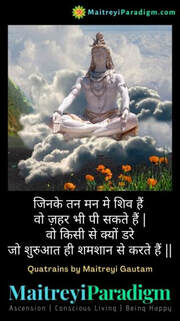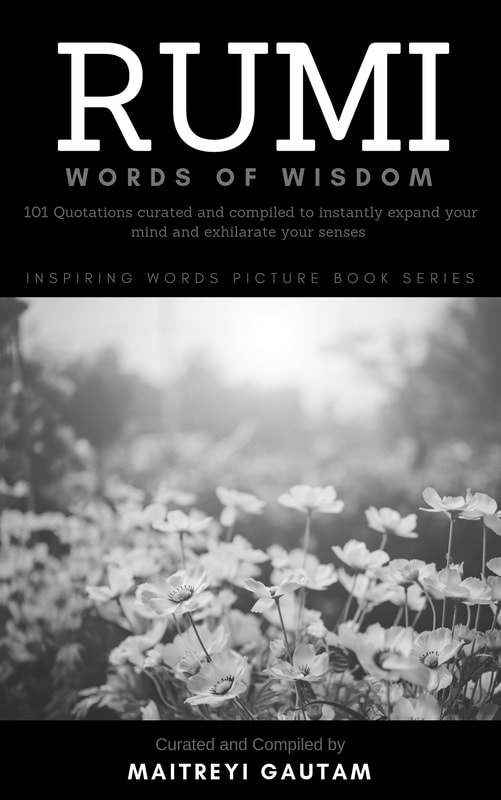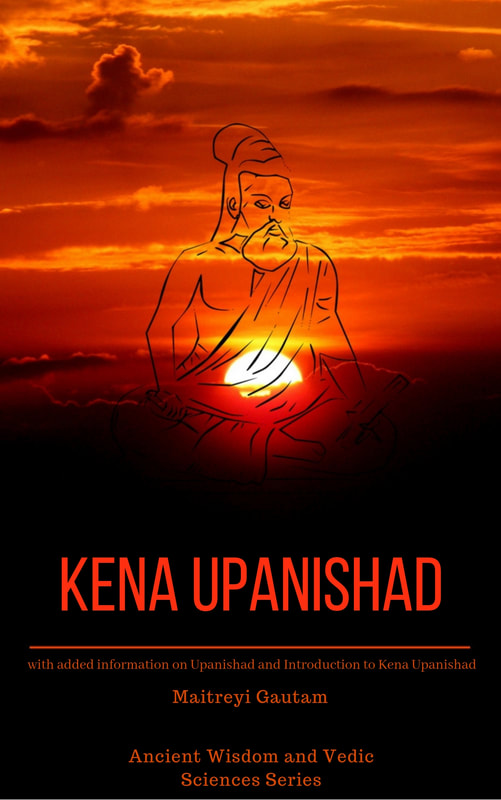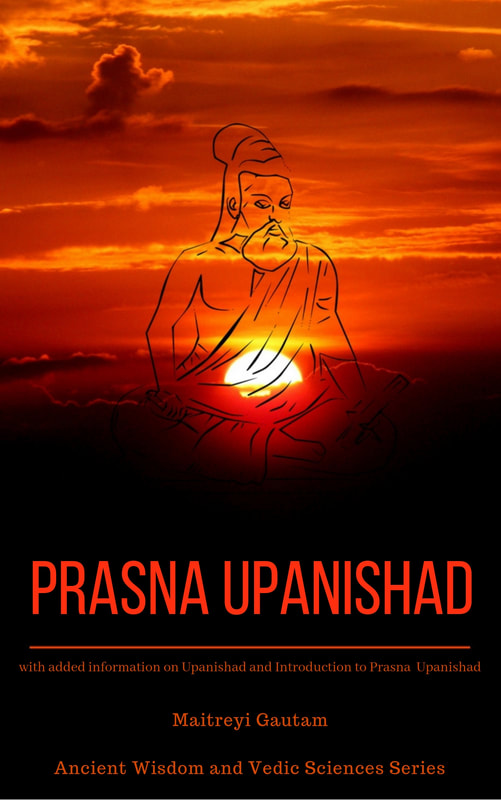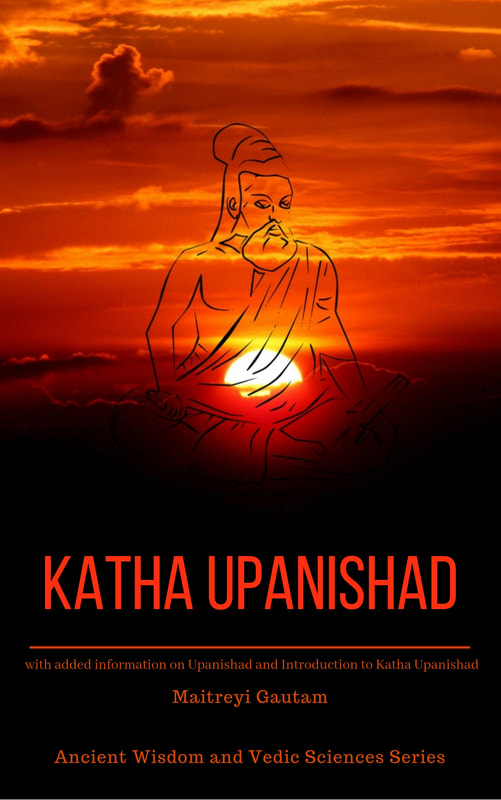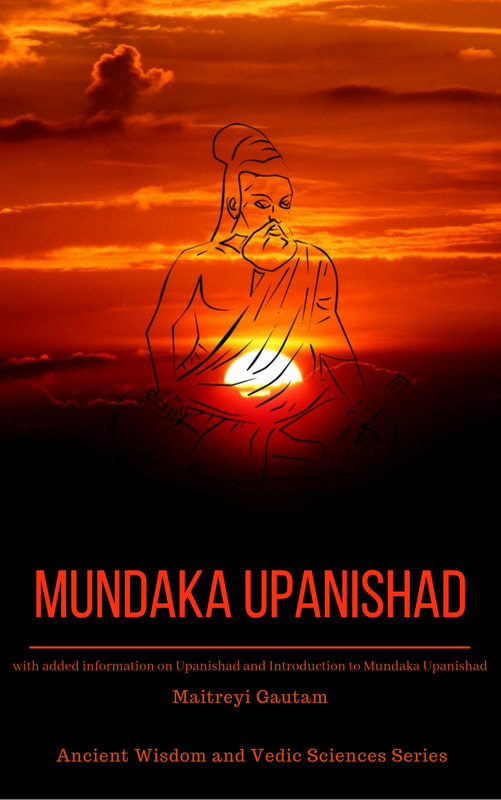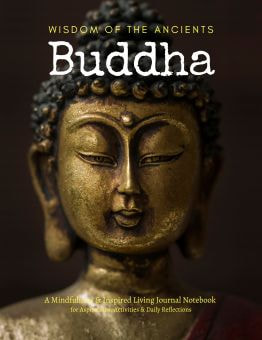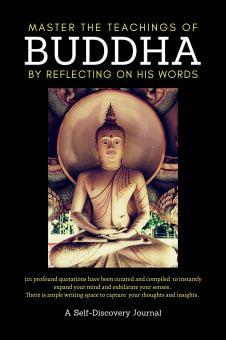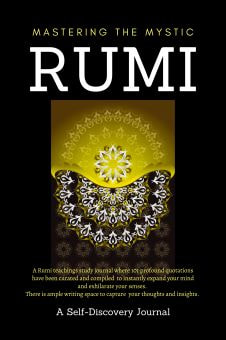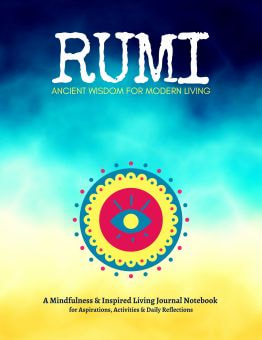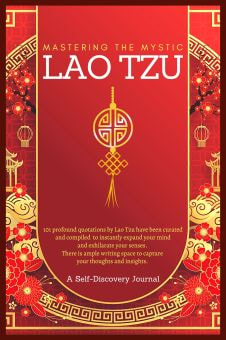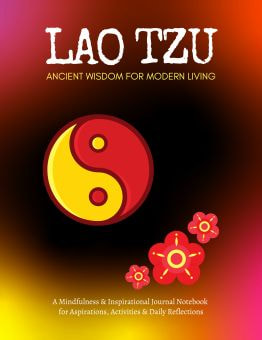Diwali, also known as Deepavali, is one of the most celebrated festivals in Hindu culture, embodying a rich tapestry of cultural and spiritual meanings. Rooted in ancient Indian mythology, the festival commemorates the return of Lord Ram, an incarnation of the Hindu god Vishnu, from a fourteen-year-long exile, along with his wife Sita and brother Laxman. This historical event, narrated in the epic Ramayana, holds profound significance in Hindu tradition and forms the basis of the Diwali celebrations.
The story of Diwali begins with Lord Ram's exile from the kingdom of Ayodhya. Ram, the rightful heir to the throne, was forced into exile following a series of events triggered by palace intrigue. Accompanied by his devoted wife Sita and loyal brother Laxman, Ram left for the forests. During their exile, Sita was abducted by the demon king Ravana, leading to the epic battle in which Ram defeated Ravana, symbolizing the triumph of good over evil.
The return of Ram, Sita, and Laxman to Ayodhya marks the core narrative celebrated during Diwali. According to the Ramayana, their return coincided with the new moon day of the Hindu month of Kartik. The people of Ayodhya, overjoyed by the return of their beloved prince, illuminated the entire city with rows of clay lamps, or diyas, to celebrate their victory and welcome them back. This act of lighting lamps is a central theme in Diwali celebrations, symbolizing the victory of light over darkness and good over evil.
The lighting of lamps is deeply symbolic in Hindu philosophy. Light is considered a metaphor for knowledge and consciousness. As darkness represents ignorance and evil, light signifies wisdom and virtue. Thus, Diwali is a celebration that emphasizes enlightenment over ignorance, hope over despair, and virtue over vice.
Diwali is also a time of renewal and purification. Many people clean and decorate their homes, prepare festive meals, and wear new clothes. The entrance of homes is often adorned with colorful rangolis, and doorways are hung with marigold flowers and mango leaves. The lighting of lamps outside homes is believed to guide divine forces like Goddess Lakshmi, the deity of wealth and prosperity, into the household, inviting blessings for the year ahead.
The festival goes beyond its historical and mythological origins to encompass broader themes of forgiveness, unity, and compassion. It is a time for families to come together, for old grievances to be set aside, and for peace and goodwill to be fostered. The sharing of sweets and gifts is a common practice, symbolizing the spreading of joy and generosity.
In a broader sense, Diwali epitomizes the Hindu philosophy of Vasudhaiva Kutumbakam, meaning "the world is one family." This universal appeal of Diwali crosses cultural and national boundaries, making it a festival that not only illuminates homes but also hearts, fostering a sense of unity and brotherhood across diverse communities.
In conclusion we can say that, Diwali is a multifaceted festival that combines historical significance, spiritual symbolism, and cultural practices. It celebrates light, knowledge, and goodness, reminding people of the inherent light within and the importance of driving away the darkness in all its forms.
The story of Diwali begins with Lord Ram's exile from the kingdom of Ayodhya. Ram, the rightful heir to the throne, was forced into exile following a series of events triggered by palace intrigue. Accompanied by his devoted wife Sita and loyal brother Laxman, Ram left for the forests. During their exile, Sita was abducted by the demon king Ravana, leading to the epic battle in which Ram defeated Ravana, symbolizing the triumph of good over evil.
The return of Ram, Sita, and Laxman to Ayodhya marks the core narrative celebrated during Diwali. According to the Ramayana, their return coincided with the new moon day of the Hindu month of Kartik. The people of Ayodhya, overjoyed by the return of their beloved prince, illuminated the entire city with rows of clay lamps, or diyas, to celebrate their victory and welcome them back. This act of lighting lamps is a central theme in Diwali celebrations, symbolizing the victory of light over darkness and good over evil.
The lighting of lamps is deeply symbolic in Hindu philosophy. Light is considered a metaphor for knowledge and consciousness. As darkness represents ignorance and evil, light signifies wisdom and virtue. Thus, Diwali is a celebration that emphasizes enlightenment over ignorance, hope over despair, and virtue over vice.
Diwali is also a time of renewal and purification. Many people clean and decorate their homes, prepare festive meals, and wear new clothes. The entrance of homes is often adorned with colorful rangolis, and doorways are hung with marigold flowers and mango leaves. The lighting of lamps outside homes is believed to guide divine forces like Goddess Lakshmi, the deity of wealth and prosperity, into the household, inviting blessings for the year ahead.
The festival goes beyond its historical and mythological origins to encompass broader themes of forgiveness, unity, and compassion. It is a time for families to come together, for old grievances to be set aside, and for peace and goodwill to be fostered. The sharing of sweets and gifts is a common practice, symbolizing the spreading of joy and generosity.
In a broader sense, Diwali epitomizes the Hindu philosophy of Vasudhaiva Kutumbakam, meaning "the world is one family." This universal appeal of Diwali crosses cultural and national boundaries, making it a festival that not only illuminates homes but also hearts, fostering a sense of unity and brotherhood across diverse communities.
In conclusion we can say that, Diwali is a multifaceted festival that combines historical significance, spiritual symbolism, and cultural practices. It celebrates light, knowledge, and goodness, reminding people of the inherent light within and the importance of driving away the darkness in all its forms.



